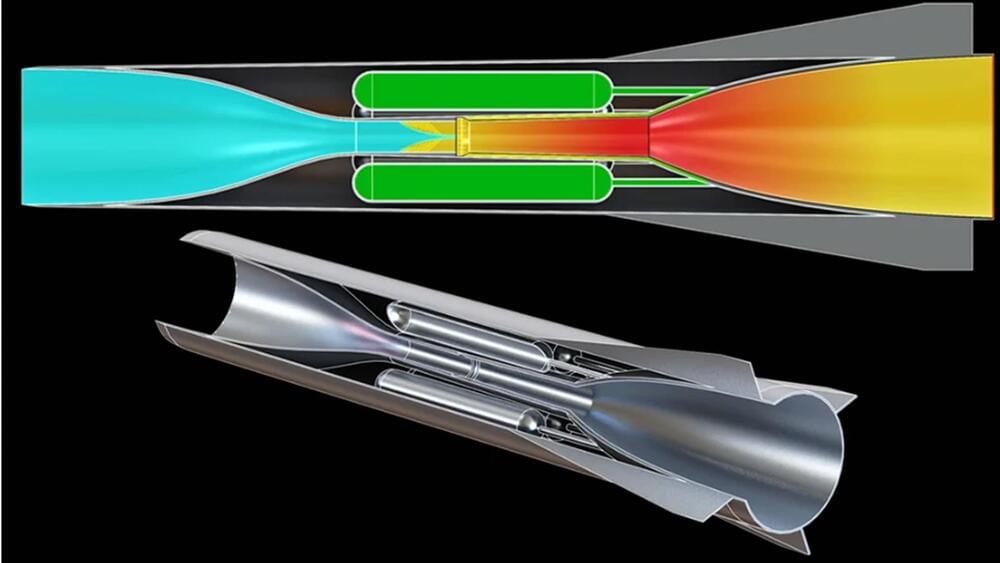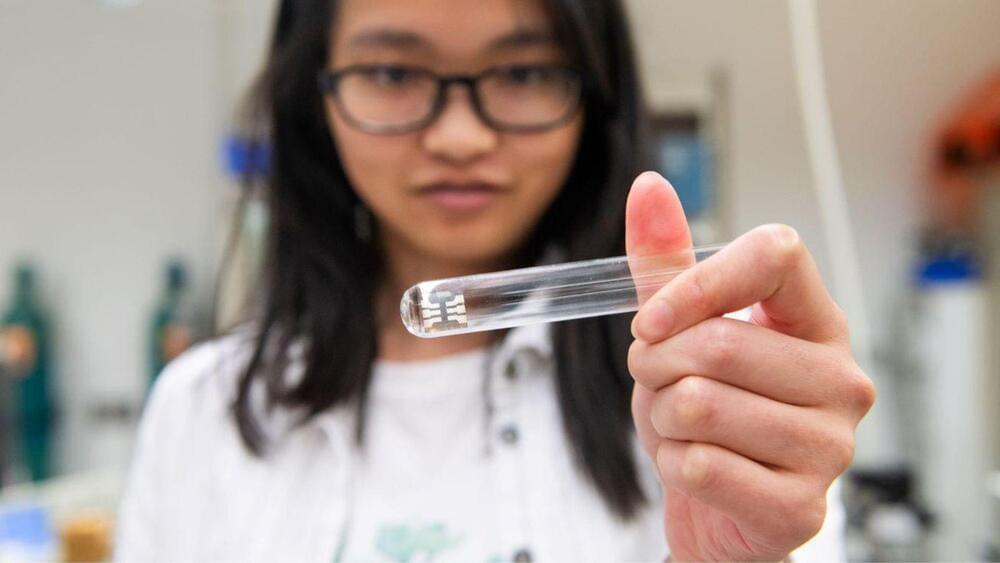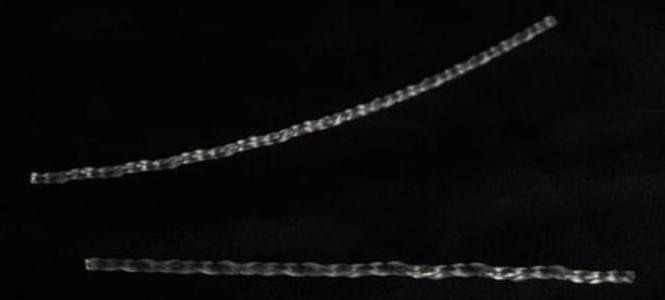Archive for the ‘innovation’ category: Page 60
Sep 14, 2023
Empowering ISV success: developing intelligent apps with Azure OpenAI
Posted by Shubham Ghosh Roy in categories: innovation, robotics/AI

Today’s blog is from guest contributors Alaric Wilson, Senior ISV Partner Development Manager, and Michael Gillett, Partner Technology Strategy Manager.
In the era of AI, every app has the potential to be intelligent. Independent Software Vendors (ISVs) are facing increasing pressure from customers to deliver innovative solutions that meet their demands with a more dynamic user experience. To stay competitive, ISVs are turning to cutting-edge technologies like generative AI to unlock new possibilities for their software development process. Azure OpenAI Service, powered by OpenAI’s advanced language models, is revolutionizing how ISVs innovate, providing them with unprecedented capabilities to create intelligent, adaptive, and highly customized applications.
Continue reading “Empowering ISV success: developing intelligent apps with Azure OpenAI” »
Sep 11, 2023
Quantum dot breakthrough promises a world of cheap sensors
Posted by Shailesh Prasad in categories: innovation, quantum physics
Researchers at the University of Chicago revealed groundbreaking developments in the field of infrared technology that could lead to cost-effective sensors soon.
Colloidal quantum dots— semiconductor nanocrystals dispersed in a liquid solution— emit various colors depending on their size and are prevalent in today’s gadgets.
Their efficiency, cost-effectiveness, and ease of manufacturing have made them popular in applications such as TVs, where visible light is the outcome.
Sep 10, 2023
Innovation Has Two I’s, Just Like The Humans It Empowers
Posted by Shubham Ghosh Roy in categories: business, innovation
Rob Tillman, CIO of Copy Chief, has 20+ years transforming businesses with a human-centric innovation model deployed across diverse sectors.
In today’s fast-paced digital age, the term “innovation” is frequently thrown around in boardrooms, tech conferences and startup pitches. It’s often hailed as the driving force behind progress and the competitive edge for businesses. But have we ever paused to truly understand what innovation means at its core?
It’s not just about creating groundbreaking technologies or pioneering novel solutions. At its heart, innovation is about empowering humans.
Sep 10, 2023
Chinese breakthrough a step towards scalable quantum computation: paper
Posted by Paul Battista in categories: innovation, quantum physics
China’s ‘father of quantum’ Pan Jianwei and his team have been studying optical-lattice-based ultracold atomic systems since 2010.
Sep 10, 2023
‘Be flexible, imaginative and brave’: experts give career advice for an AI world
Posted by Shubham Ghosh Roy in categories: innovation, robotics/AI
Yet the automation of such tasks also means the chance to eliminate or reduce certain roles, not just in administration, but across many fields as the technology becomes more sophisticated. According to a survey of professionals by Thomson Reuters published last week, 67% of respondents believe AI will have a great impact on their profession in the next five years, while more than half predict the technology will create new career paths.
So exactly what are those new professional opportunities that the next generation of workers should be trying to pursue?
“There is no such thing as a future-proof career anymore,” says Dr Andrew Rogoyski, the director of innovation and partnerships at the Surrey Institute for People-Centred Artificial Intelligence at the University of Surrey.
Sep 9, 2023
Navigating complex surfaces is a no-brainer for this robot
Posted by Gemechu Taye in categories: innovation, robotics/AI
This soft robot uses “physical intelligence” to navigate complicated surfaces without the need for human or computer intervention.
Engineers have developed a “brainless” soft robot that can effortlessly traverse difficult terrain.
This breakthrough comes from North Carolina State University researchers, who previously created a soft robot capable of navigating basic mazes without the need for human or computer intervention.
Sep 9, 2023
Gravitas: ‘Artificial embryos’ created in Israel | Does this change the idea of life?
Posted by Raphael Ramos in category: innovation

In a major breakthrough, scientists in Israel have created ‘artificial embryos’. They mimic all the features of a real human embryo. Will these embryos be used to create human life? Here’s what Priyanka Sharma has to say.
#artificialembroy #science #gravitas.
Sep 6, 2023
AI “Nose” Can Tell What Molecular Structures Smell Like
Posted by Shailesh Prasad in categories: innovation, robotics/AI
In a major breakthrough, scientists have built a tool to predict the odour profile of a molecule, just based on its structure. It can identify molecules that look different but smell the same, as well as molecules that look very similar but smell totally different.
Professor Jane Parker, University of Reading, said: Vision research has wavelength, hearing research has frequency – both can be measured and assessed by instruments. But what about smell? We don’t currently have a way to measure or accurately predict the odour of a molecule, based on its molecular structure.
You can get so far with current knowledge of the molecular structure, but eventually you are faced with numerous exceptions where the odour and structure don’t match. This is what has stumped previous models of olfaction. The fantastic thing about this new ML generated model is that it correctly predicts the odour of those exceptions.
Sep 5, 2023
Kidney stone breakthrough procedure at UW called ‘game changer’ for patients
Posted by Shubham Ghosh Roy in categories: biotech/medical, innovation
A groundbreaking medical procedure for those with kidney stones will soon be offered at the University of Washington after more than two decades of research.
















